Dentistry Program
Dentistry Program
Mission of the Program
Preparing professional competencies in dental sciences capable of competing in the labor market and effectively contributing to scientific research and improving oral health in society.
Goals of the Dentistry Program
-
Qualifying dentists with a high level of science knowledge and clinical skills.
-
Providing an advanced educational environment and updating curricula on an ongoing basis.
-
Developing students’ skills in the field of dental technology.
-
Promoting moral values and spreading health awareness and prevention methods necessary to maintain oral and dental health.
Study System
The study system in the Dentistry program is based on the semester system, where the academic year is divided into two main semesters. Each semester includes a number of theoretical and practical courses that focus on oral and dental sciences, oral surgery, orthodontics, and cosmetic dentistry. Students are evaluated through mid-term and final exams, assignments, and practical activities, in addition to hands-on training in university clinics and hospitals. This approach aims to equip them with the knowledge and skills necessary to become qualified dentists.
Program Intended Learning Outcomes (PILOs)
A. Knowledge and Understanding
Upon successful completion of the undergraduate Bachelor of Dental Surgery (BDS) Program, graduates will be able to:
-
A1: Demonstrate sound knowledge in the scientific foundation of general dentistry and the applicable biomedical and behavioral sciences, which shape the foundation for understanding human growth and health.
-
A2: Expound the anatomical features, structure, and function of the human body in health and ailment related to the practice of dentistry.
-
A3: Identify sound knowledge on broader aspects of dental practice, including ethics, medico-legal considerations, management, and the maintenance of a secure working environment.
-
A4: Demonstrate the distinctive clinical, laboratory, and specific investigatory procedures practiced in dentistry.
-
A5: Show an appreciation of infection, inflammation, problems of the immune system, degeneration, neoplasia, metabolic and genetic disorders, psychological, cultural, and social factors that have implications on oral pathology, prevention, and management.
-
A6: Explain the standards of evidence-based dentistry and its relation to scientific research.
B. Cognitive/ Intellectual Skills
Upon successful completion of the undergraduate Bachelor of Dental Surgery (BDS) Program, graduates will be able to:
-
B1: Incorporate theoretical primary biomedical, behavioral, and dental sciences with clinical signs and symptoms for appropriate understanding of disease and its management.
-
B2: Apply critical thinking and evidence-based problem solving when offering patient care.
-
B3: Prioritize patient treatment needs and formulate an awareness that dentists should strive to provide the highest possible quality of patient care and an appropriate treatment plan.
-
B4: Construct preventive strategies at distinct levels according to the focused individual and community needs.
-
B5: Select appropriate dental materials, instruments, techniques, and prescribe medicaments to be used in particular clinical situations.
C. Practical and Professional Skills
Upon successful completion of the undergraduate Bachelor of Dental Surgery (BDS) Program, graduates will be able to:
-
C1: Obtain and document a complete history, perform a suitable physical examination, interpret findings, and organize appropriate further investigations to reach a correct prognosis and treatment.
-
C2: Detect pathological conditions related to dental practice.
-
C3: Apply infection control and radiation protection according to international standards.
-
C4: Apply preventive measures for different age groups, considering the varying needs of young children, adolescents, adults, special needs individuals, and the elderly population.
-
C5: Plan when, how, and where to refer a patient to a specialist based on clinical assessment.
-
C6: Assess the risk of medical emergencies and be prepared for their management within the dental practice setup.
-
C7: Apply comprehensive medical practices and evidence-based treatment.
D. General and Transferable Skills
Upon successful completion of the undergraduate Bachelor of Dental Surgery (BDS) Program, graduates will be able to:
-
D1: Commit to continuous education, self-development, and lifelong learning to stay updated with advances in dental practice.
-
D2: Use advanced data and communication technologies to enrich and diversify professional experience.
-
D3: Maintain full and accurate clinical records.
-
D4: Display extraordinary attitudes on both personal and professional levels to uphold a high regard for the profession in society and demonstrate leadership and teamwork competencies with colleagues.
-
D5: Identify patients’ expectations, desires, and attitudes when planning treatment and work to prescribed time limits.
-
D6: Analyze and resolve problems and deal with uncertainty.
Graduate Attributes
Upon successful completion of an undergraduate Bachelor of Dental Surgery (BDS) program, graduates will be able to:
-
Efficiency:
-
Deliver independently oral health care services within the scope of general dentistry, including patients with special needs.
-
Maintain a safe and infection-controlled environment.
-
-
Confidence:
-
Communicate effectively to develop a mature, sensitive, and caring relationship with their patients.
-
Respond to socio-economic aspects of different communities and engage effectively in community services.
-
-
Leadership:
-
Communicate effectively with colleagues and other members of the medical and/or dental team.
-
Demonstrate leadership qualities and capacity to function effectively within a team.
-
-
Professional Ethics:
-
Recognize the various features of ethics and medico-legal aspects of the dental profession.
-
-
Critical Thinking:
-
Apply critical thinking and evidence-based problem solving when providing patients’ care.
-
-
Research:
-
Realize the importance of lifelong learning and strive for continuous professional education to remain updated with advancements in dental practices and dental technology.
-
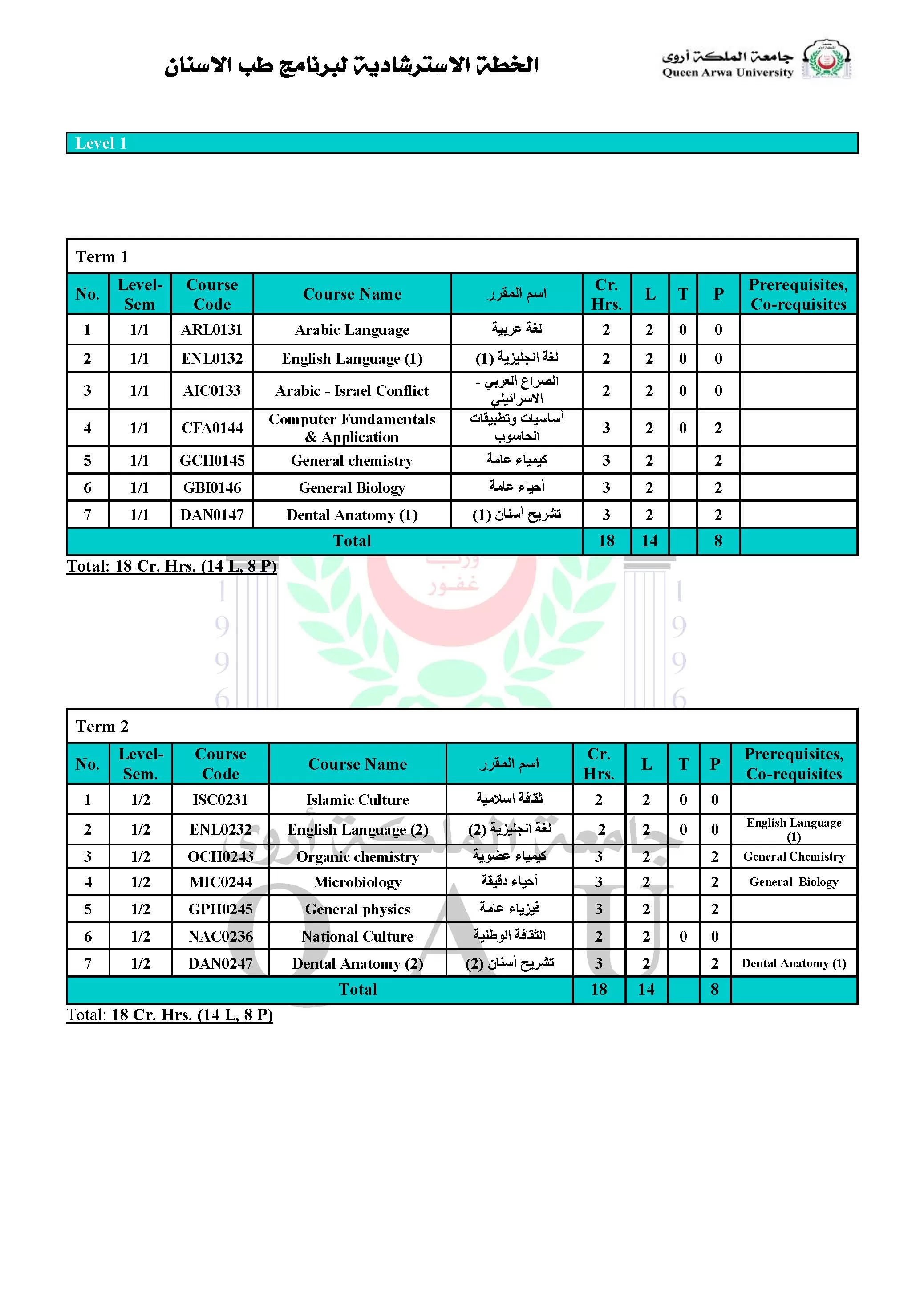
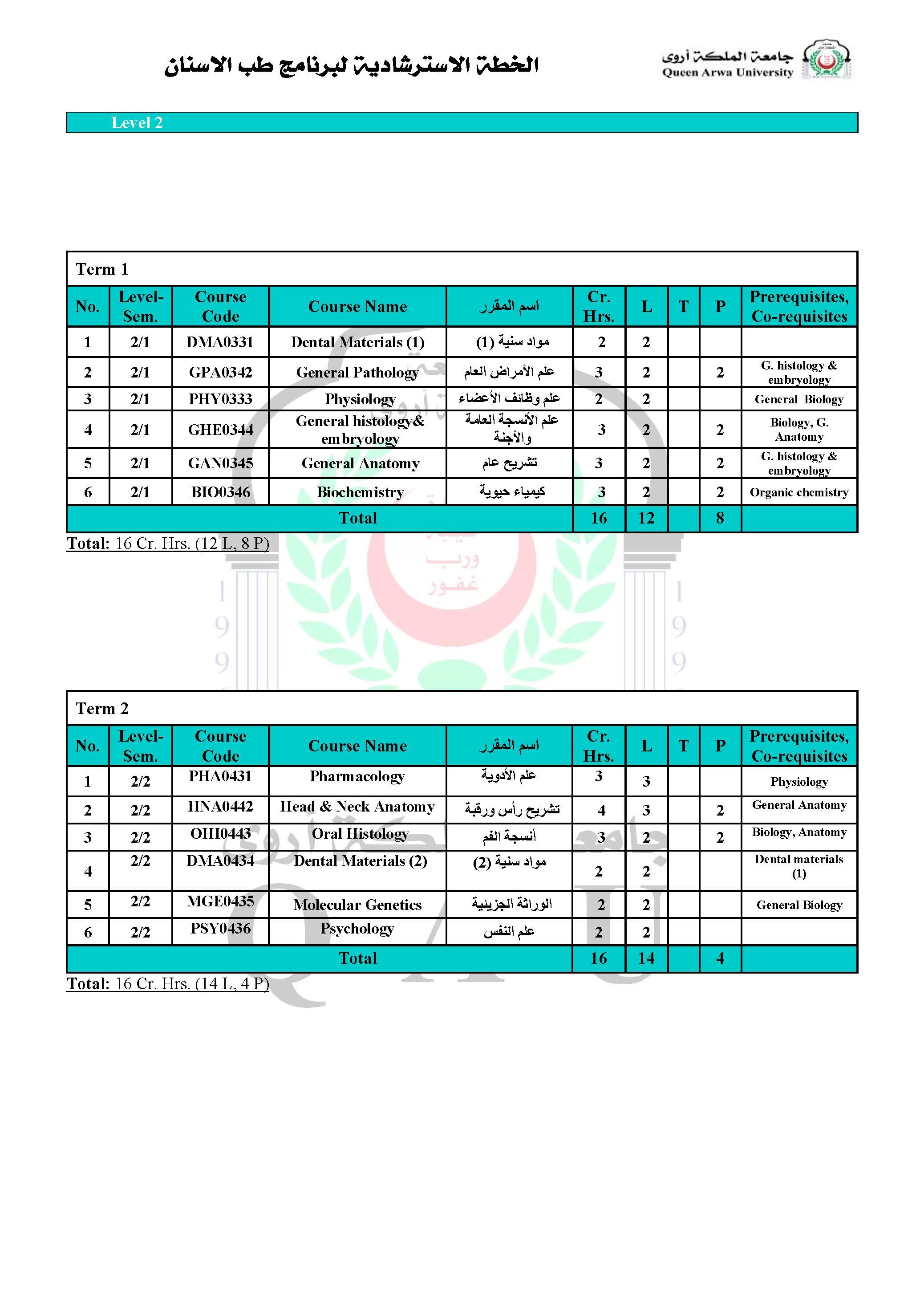
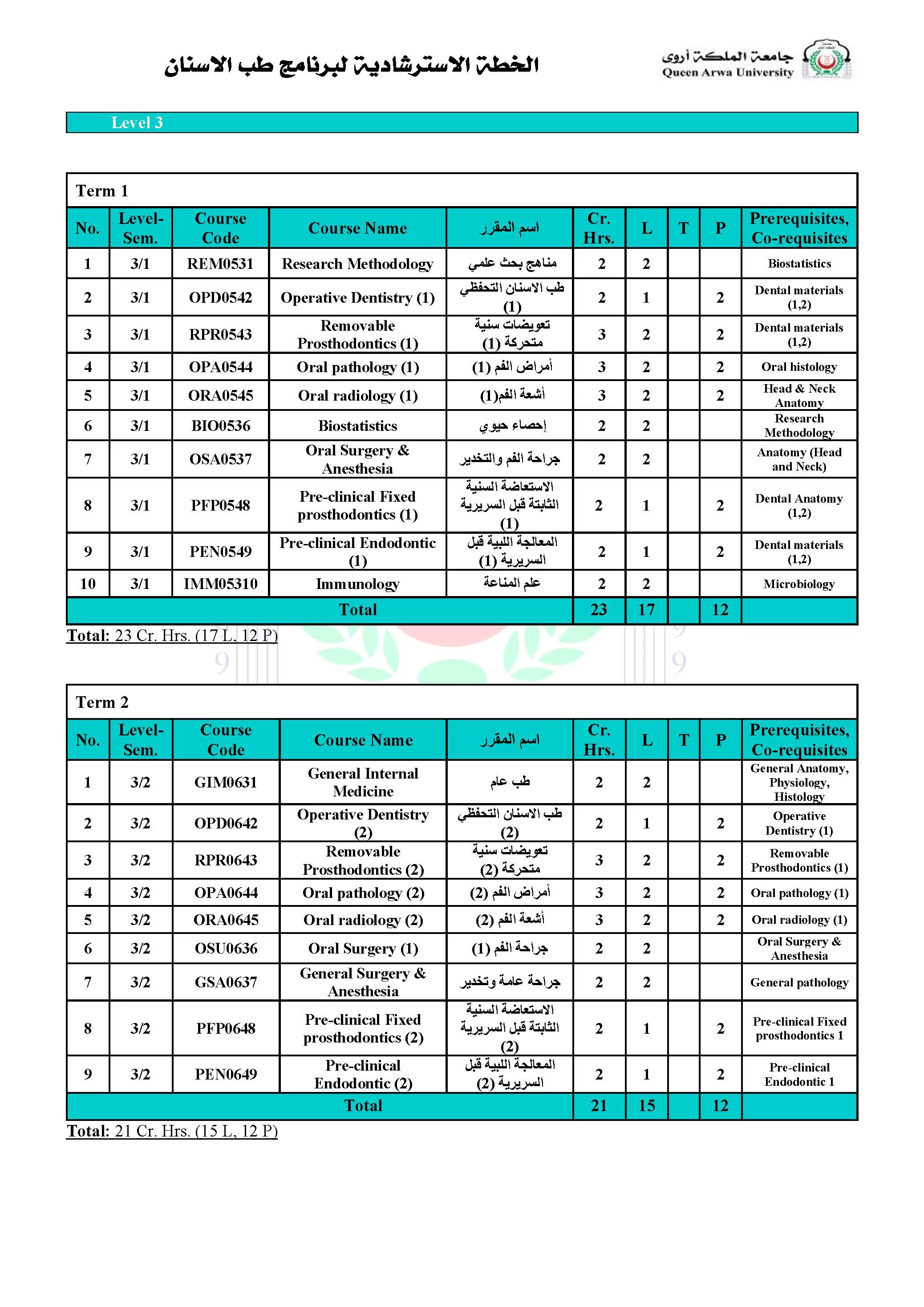
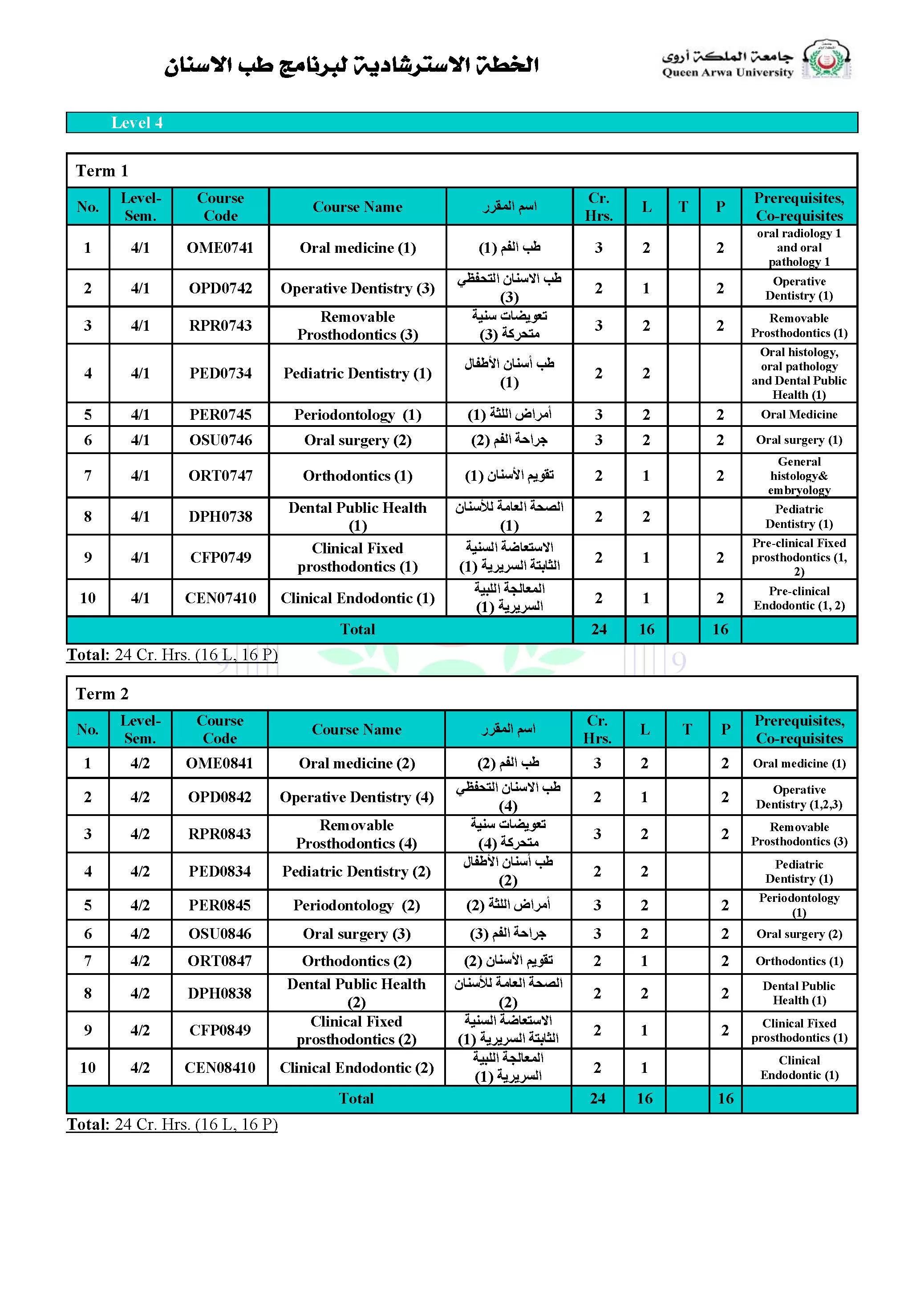
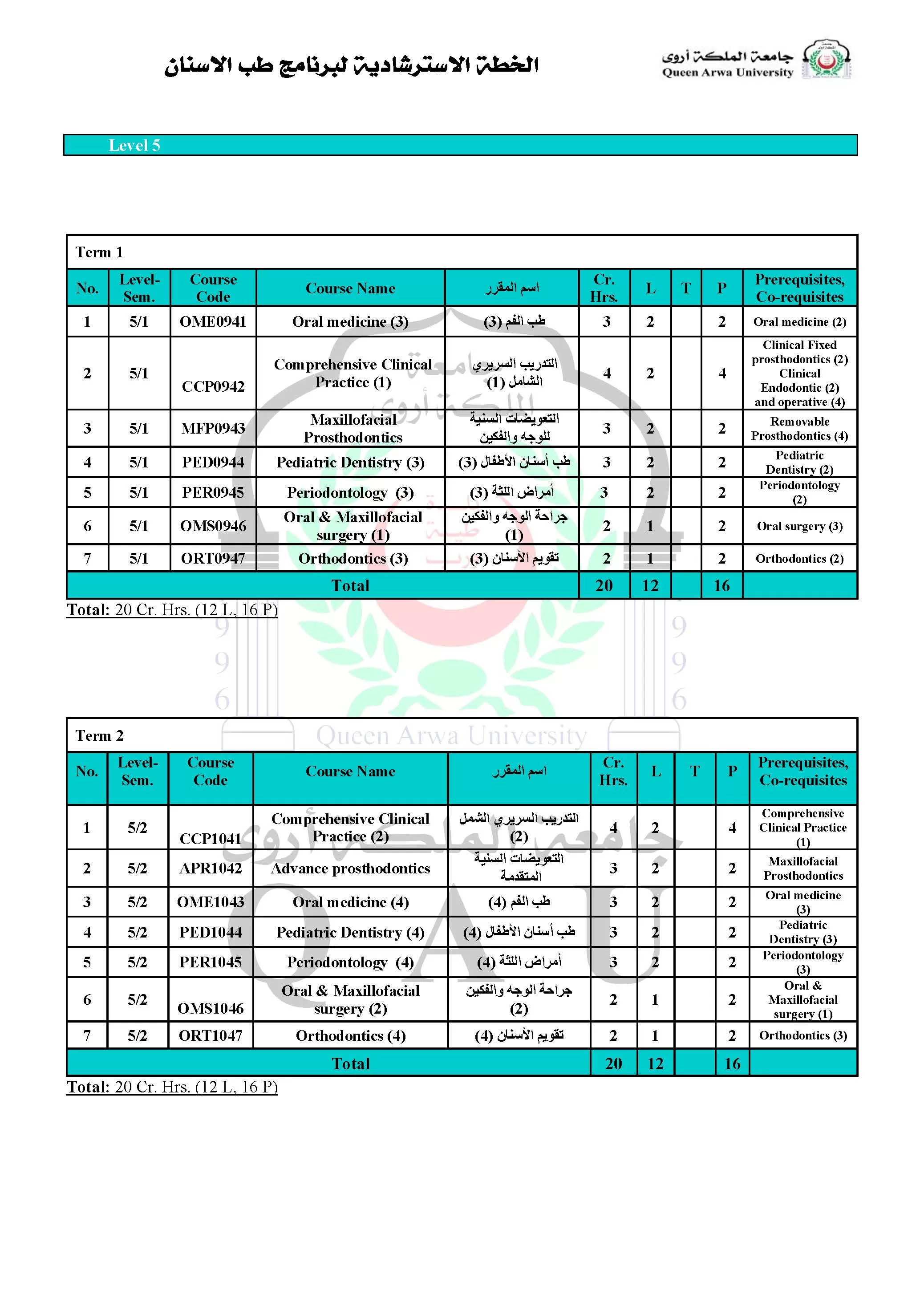
Faculty of Engineering & Computer Sciences
The Faculty of Engineering and Computer Science was established in the academic year 1995/1996 AD to build an engineering generation armed with the latest modern sciences in the fields of engineering, computer science and technology, in order to raise the wheel of development in Yemen and the Arab countries.
Faculty of Law
The Faculty of Law was established in the academic year 1995/1996 and is considered one of the solid scientific tributaries of the university.